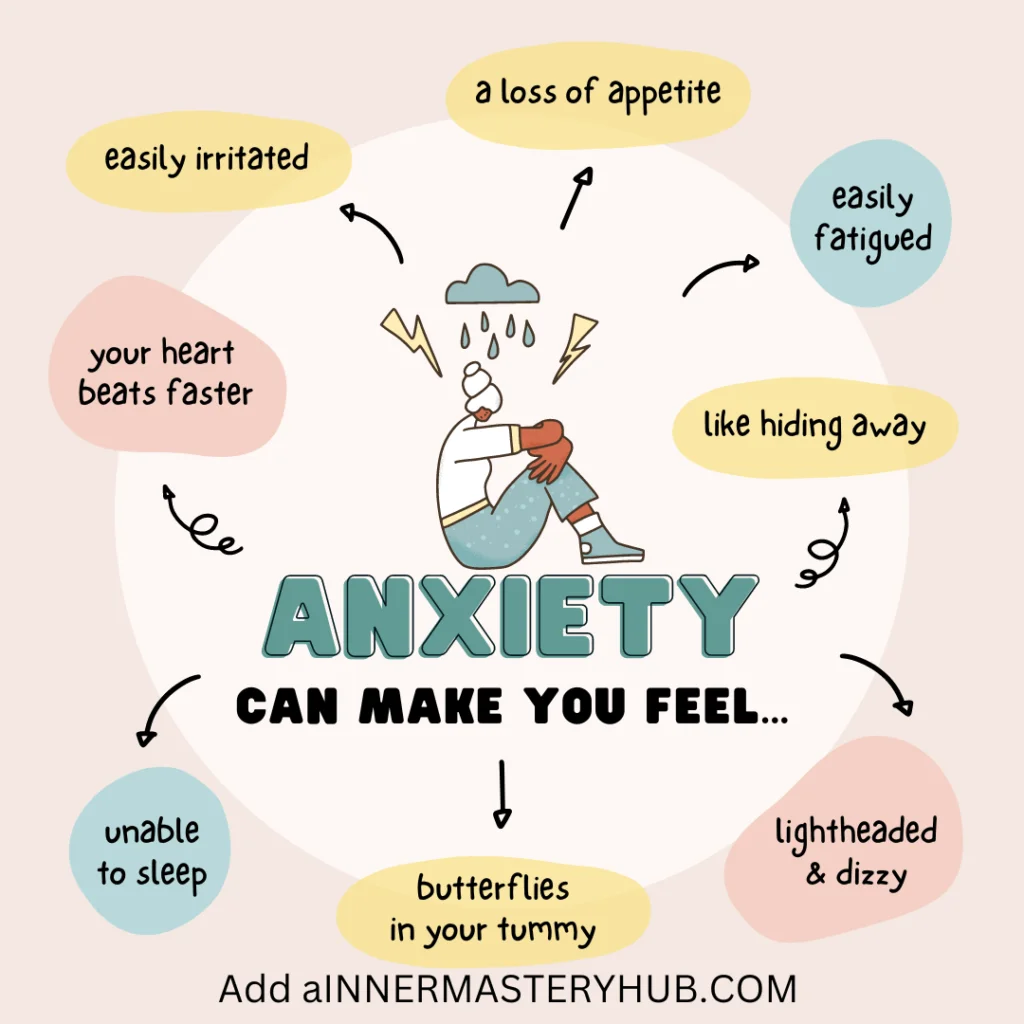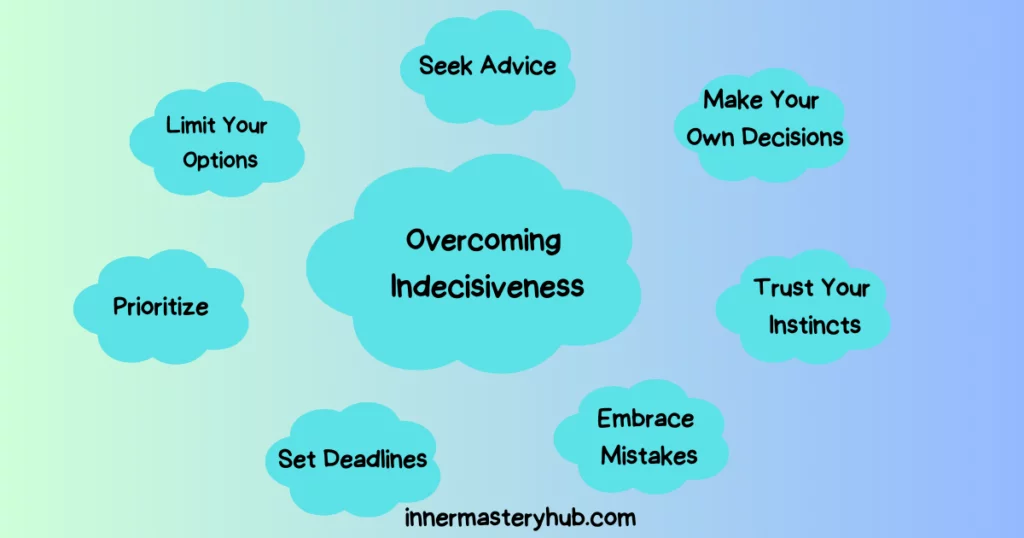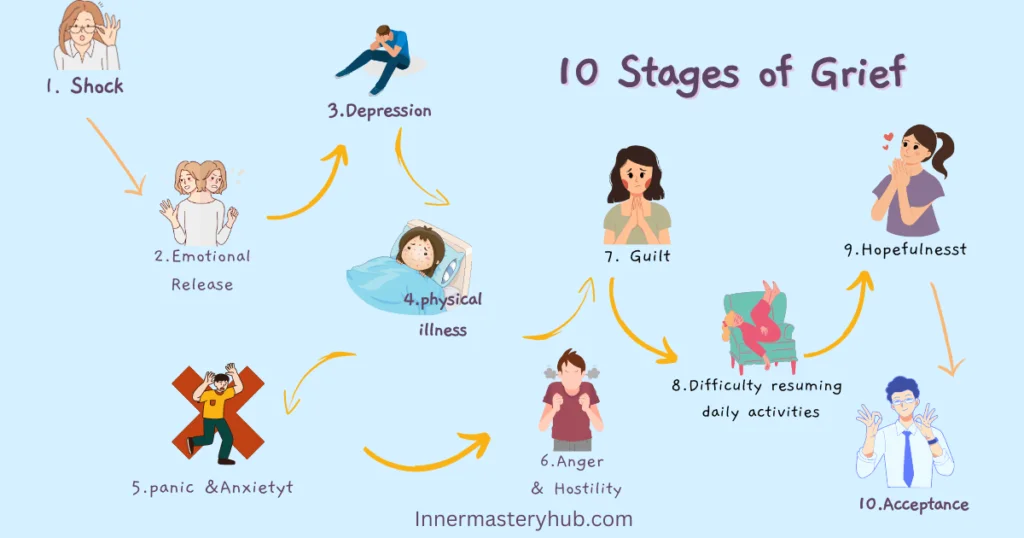
Having good friends is an unmatchable joy in life. We all want people to confide in and to lend a helping hand when things go south. However, becoming a good friend takes more than just putting labels and calling someone your BFF.
Instead, it all comes down to who is there in your time of need — kind of like a social worker. Like social workers, friends are supposed to be empathetic, supportive, and understanding of one another. Even when things go south, your friends should know that you are always there whether they ask for your help.
Often, the expectations of our friends are similar to the expectations that people have from social workers. Social workers are professionals trained to listen, understand, and support people in need.
These skills empower you to be a better friend in your daily life. To become a good friend, considering social work can help. Let’s discuss how social work can transform you into a friend who truly lives up to the definition of this word.
Table of Contents
⦁ Empathy and Compassion — The Foundation of a Good Friendship
For social workers, demonstrating kindness and compassion towards others is not a choice — it’s a part of their job. They are educated and trained to have an open mind and ear when listening to the other person without being judgemental. As a friend, you should have this skill so people feel more understood and valued in your presence.
Demonstrating empathy and compassion toward others doesn’t always come naturally. First, you’ve got to develop active listening skills by being more engaged and giving your friends the time to express what they feel. Even if you disagree with what they say, wait for your turn to speak and communicate your thoughts politely.
To develop these skills, you can consider enrolling in a social work degree to master the art of active listening. But who’s got the time for it? If you feel that enrolling full-time isn’t an option, consider applying to master of social work online degree programs that offer a flexible approach to completing professional education without hampering your everyday routine.
⦁ Have a Non-Judgemental Attitude
Social work involves working with different clients without passing judgment on the person and their situation. It is one of the core foundations of building a relationship that involves mutual trust and understanding.
Your friends also expect you to be nonjudgmental about their issues so they can open up about their life issues, emotions, struggles, and insecurities. This approach will make your friends feel more secure in your presence and can openly express themselves without expecting criticism.
⦁ Learn to Establish Healthy Boundaries With Friends
Being friends with someone doesn’t mean that there should be no boundaries between you two. Relationships survive when you give them space and time. This concept is automatically applied in social work, where professionals maintain certain boundaries with their clients.
Some might think that establishing a boundary is equal to distancing yourself from each other. It is the opposite of that. Establishing boundaries determines the extent to which you should be interacting with each other. For instance, you interact differently with your best friend than someone you just met at work.
Maintaining a balanced interaction with your friends while being there for them will keep you away from all the toxic drama that comes when people become unnecessarily clingy with each other. Also, who knows if your friend feels overwhelmed by your constant presence in their life.
⦁ Help Them Resolve Their Issues
People catch on with the all-talk-and-no-action approach that most friends have. Even you, at one point, may have felt annoyed at a friend who claims to be your biggest support system but is never there when you truly need their help.
Social work revolves around understanding the problem and then offering a practical solution. The social worker patiently goes through the concern, draws up reasonable solutions, and then provides their suggestion on the most viable one.
A person trying to help his friend can maintain a similar approach and explore different options to resolve the issue. Even if your friend doesn’t take your suggestions, it gives an impression that you are a thoughtful and caring person who prioritizes the concerns their friends are going through.
⦁ Encourage and Implement Self-Awareness
No one on this planet is perfect, but that doesn’t give you a free pass to do whatever your heart desires. We humans can reflect on our actions and become better people with time.
During social work, you will encounter situations where self-reflection is mandatory to proceed with a specific task. You can learn this concept while enrolled in a program and implement it in real life to become a better person and a great friend.
Self-awareness encourages people to understand their own mistakes rather than pointing blame on others. Maintaining an honest relationship with those who matter to you is a great approach. Your friends will appreciate your dedication towards self-awareness and will follow suit.
⦁ Be Patient With Friends
Social work can be a noble but very demanding profession. There are scenarios where social workers find their patience significantly tested. But that doesn’t mean they quit their work and move on to a new venture. A professional always ensures that the client is satisfied with whatever task is assigned to them.
Similarly, friendships often revolve around so much drama, and most friends go through challenging and emotionally draining situations. But that doesn’t mean you block your best friend from everywhere and head out to find a new one. Instead, you can implement the ‘no-giving-up’ approach of social work in your friendship.
A friendship that survives differences just because you are willing to step up and resolve the conflict instead of running away is a friendship that lasts.
Social work involves challenging scenarios that help you develop skills that you can implement to become better friends and support systems.
By enrolling in a professional program, you can learn active listening, patience, self-awareness, and compassion. Implement these concepts to become a better friend who is there for their friends when they need them. Even if you cannot do a lot to resolve their problem, simply being there and helping them cope goes a long way in strengthening your bond.
RELATED POSTS
10 Ways To Spot Fake People from a Mile
110 Fake Friend Quotes To Stop Having Blind Trust
20 Funny Friendship Quotes That Will Make You Laugh Out Loud






